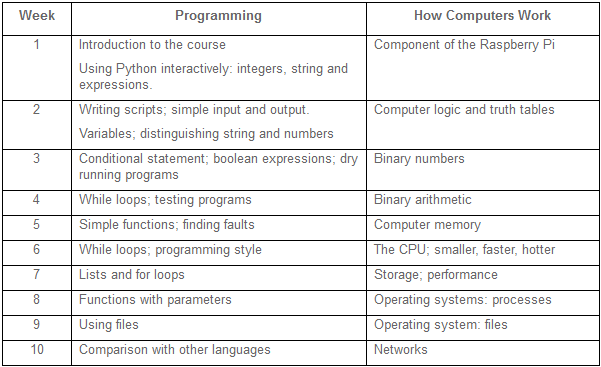Back in 2003 I wanted to find out what was available to someone (me!) new to the world of science communication. It's a huge field that encompasses museum explainers, people working in press and PR in medical research charities, bloggers / journalists / science writers, scientists and researchers working in educational or corporate institutions who want to talk to non-specialists about their work etc. I began making a note of "organisations that might employ science communicators" with a focus on London which is where I live.
As my list got bigger it naturally fell into themed areas (charities, learned societies, universities etc) and in 2009 I published what I had found, and others suggested new organisations and new thematic areas. It's a resource for people looking for work 'now' or for those who are 'prospecting' and want to find out what sort of things are available.
Where London science communicators might work (July 2009)
I wondered, on reading the Shadbolt Review (of computer science degree accreditation and graduate employability) if there might be something similar for people interested in working with computers or 'in computing'.
"We have gathered evidence that, outside of the large and well-known technology companies, the potential computer-related careers paths on offer to graduates can often be unclear and that graduate outcomes can be impacted through a lack of knowledge about the industries in which they could make effective use of their skills and knowledge." - 7.29, p77 of 91 in the Shadbolt review (below)
One of the recommendations, Recommendation 5, looks at careers advice and visibility of graduate opportunities - bemoaning the fact that students (and perhaps pre-students wondering what direction to head in) don't really have a good overview of what's available. In science communication I see that quite a few job openings are circulated within small groups - I wonder if prospective applicants (and, in this case, computer science students) are aware of that infrastructure, if those jobs aren't more widely findable.
Computer science degree accreditation and graduate employability: Shadbolt review (May 2016)
Computing is an even wider field than science communication because almost every profession has its own software, and individuals skilled in unrelated matters might use software for their business needs. Employers like banks, charities, Google, Microsoft, Apple - not to mention startups - provide employment for people who are good at computers. Many of those employed will likely have or need a Computer Science degree but since there are plenty of self-taught computer geniuses in the maker / tinkering community too.
There's this, but the page is too vague for what I'm after https://www.prospects.ac.uk/careers-advice/what-can-i-do-with-my-degree/computer-science-it but it is from ACGAS who are mentioned in the report (p78 of 91).
Edit: 12 January
I wrote this post yesterday (11 Jan 20117) then somehow inadvertently managed to revert it to a draft and delete the text within an hour or two of publication. Given that the Blogger platform is owned by Google and Google crawls Blogger blog posts very regularly I assumed I'd be able to find a cached copy, but alas it wasn't to be, so I've had to remember what I wrote, and then rewrite it. Silly mistake really.







